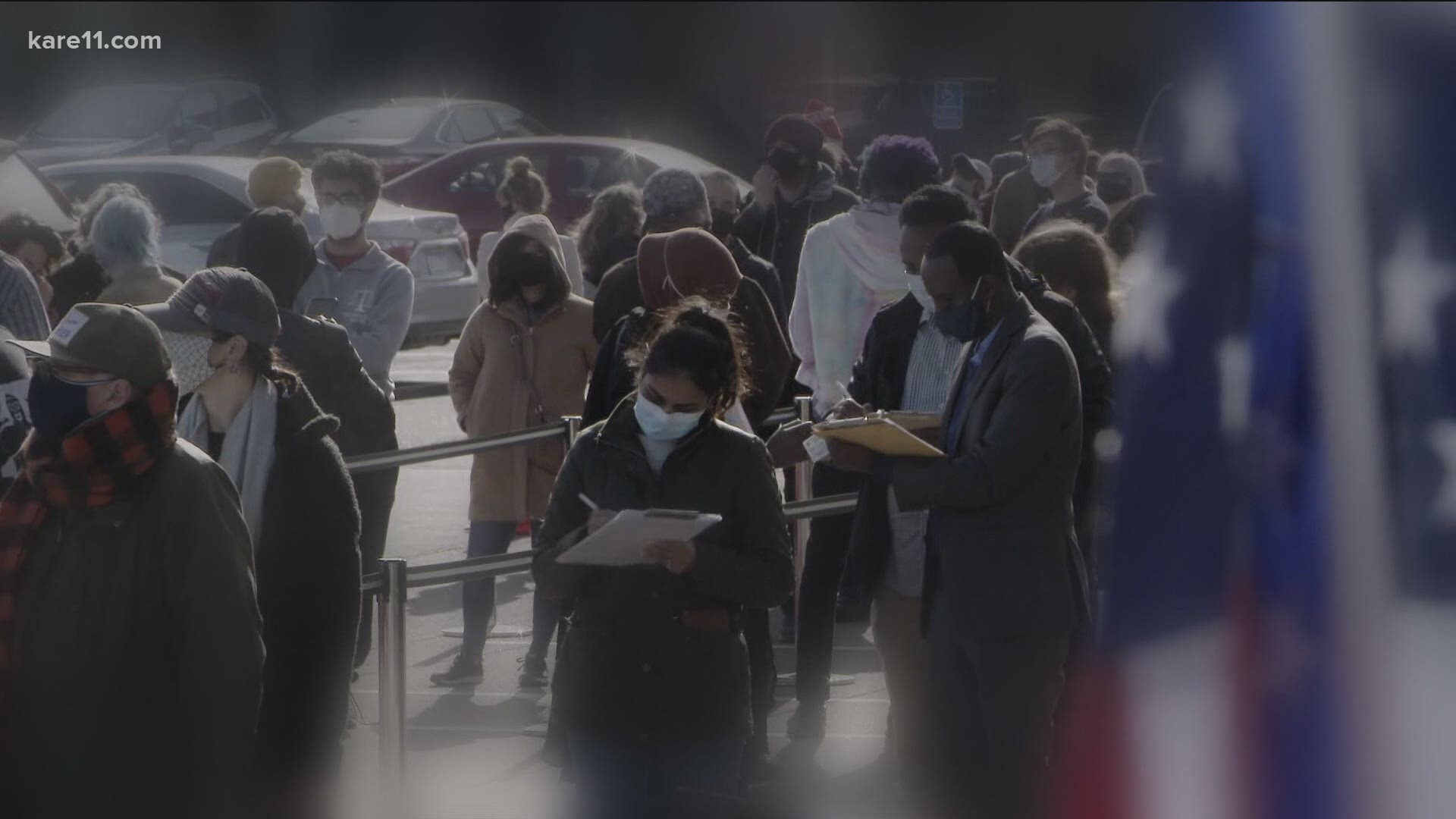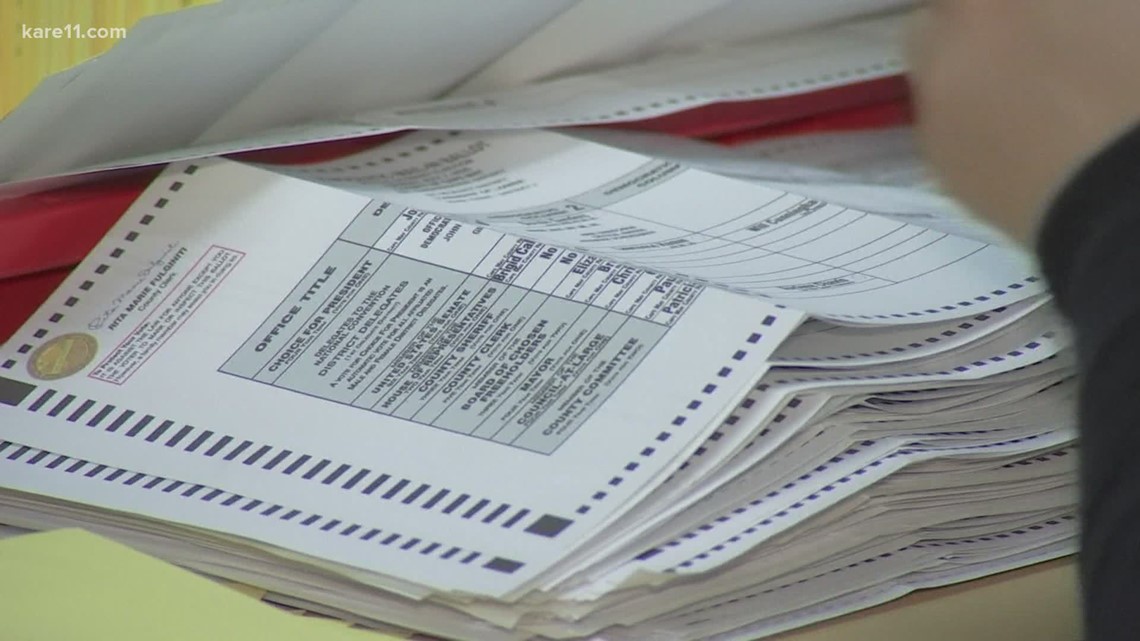Historic turnout among Black voters was predicted for this 2020 election, with more than one-third of eligible Black voters living in nine of the nation's most competitive states, standing to swing the vote in those battlegrounds from Arizona, Michigan, Georgia and Wisconsin.
The spotlight is on the constituency of Black voters comes after Black voter turnout declined after the 2016 presidential election for the first time in two decades. Many now see casting a ballot as a way to fight a COVID-19, racial unrest and police brutality.
“In the summer, when the protests started, I said, ‘You know what, they don't have enough voter suppression tactics to stop this movement,’” said Keith Mayes, professor of African American studies and African American history at the University of Minnesota.
“I think the combination of an increased black turnout coupled with some tactics to fight voter suppression in many of the major urban metropolitan areas, specifically in cities like Philadelphia and Milwaukee could make the difference again,” said Mayes.
According to the Pew Center for Research, Black voters now make up 12.5% of the U.S. electorate with Black Americans eligible to vote reached a record 30 million in 2020.
The Roper Center for Public Opinion Research examined Black voter turnout over the past five presidential elections, finding the Democratic candidate for president has averaged 91% of the Black vote.
But, new NBC News exit polling shows support for the Democratic presidential candidate reached a new low among Black men this year, with 80 percent of Black men supporting Joe Biden, down slightly from Hilary Clinton’s 82 percent in 2016.
“So, we may have come out just enough to tip the election to Biden. But I'm still disheartened by some of the turnout that I saw, and much of it could be part of the celebrity culture, a lot of Black men not turning out as much as Black women. Black women are still carrying the weight of the Democratic Party and the Black community,” said Mayes. “We are encouraged by the fact that more Black people writ large have come out. But there's still some pockets where we could have done better as a community.”
But, for the first time in a presidential election, Pew Research projected that Black voters will be outnumbered by Hispanic voters.
Trump has stumped for Black support this election season, gaining endorsements from rappers like Lil Wayne and partnering with entertainer Ice Cube to create an investment plan for Black America.
Mayes looks to the arc of history and believes if Biden wins, ‘Trumpism’ will still continue. When he sees a path forward to fight a global pandemic, systemic racism, economic inequality, and the shadow of white nationalism, he points to the theory of ‘African-American exceptionalism’.
“Or, political exceptionalism, meaning that if you look at the history of the United States, African Americans have always been the ones to try to fix the system at various levels. Through civil wars and civil rights movements, black folks are still having to show a white America a mirror, so we now we bring the country along,” said Mayes. “I am afraid that we have to continue to do that, in order to survive, and to have at least a modicum of existence. We need more white people to join the fight and not be silent or indifferent.”


